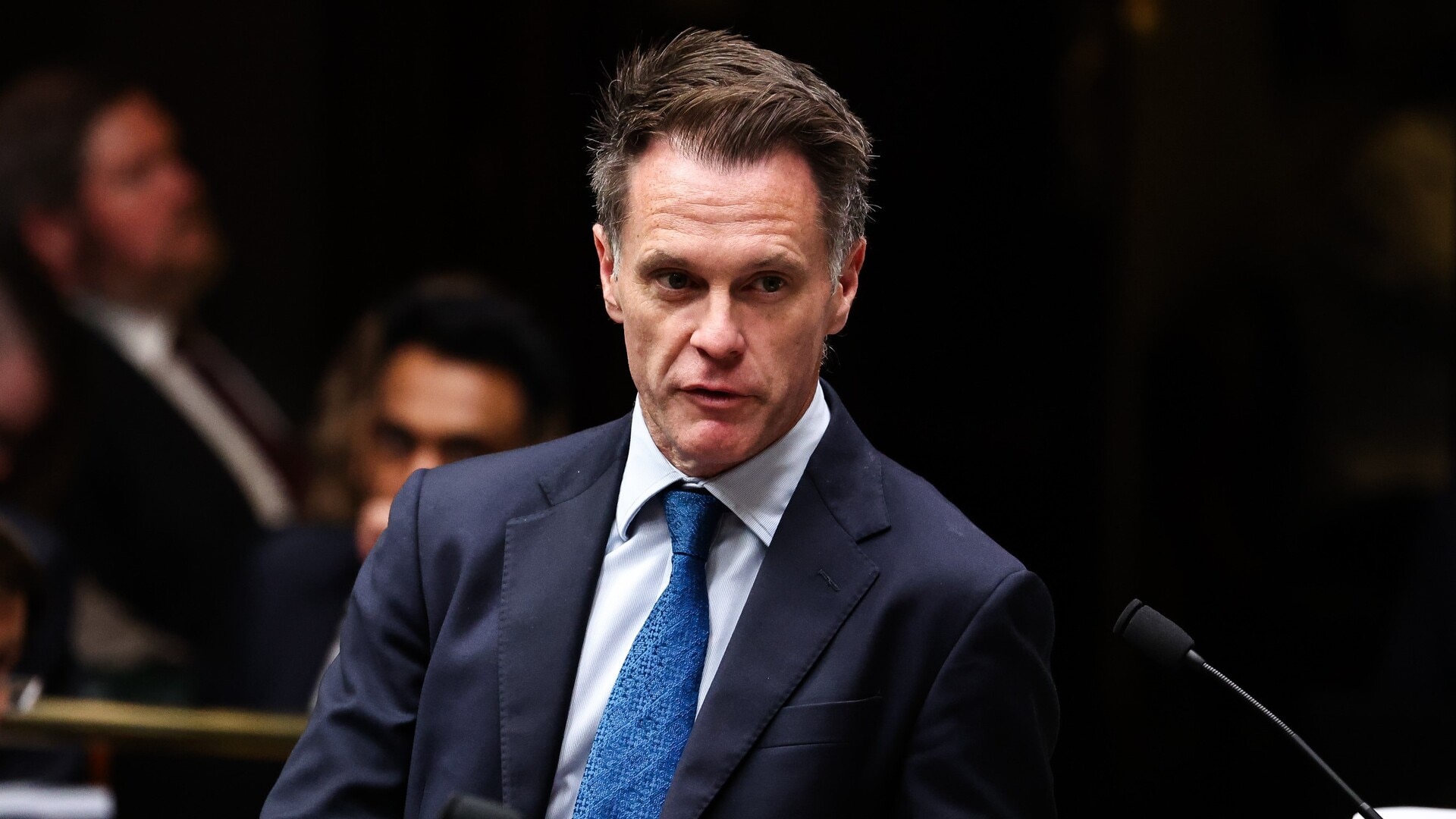1 in 3 men admit to committing intimate partner violence, new national study finds
A new report exposes a longstanding issue plaguing Australians for generations – and reveals how it can finally be resolved.

Lifestyle
Don't miss out on the headlines from Lifestyle. Followed categories will be added to My News.
A groundbreaking Australian study has revealed that one in three men have admitted to committing intimate partner violence (IPV), but the research also points to promising ways to help stop it.
The Australian Institute of Family Studies (AIFS) has found that building strong, affectionate bonds between fathers or father figures and their sons could cut the risk of IPV by nearly half (48 per cent).
The findings come from the Ten To Men Australian Longitudinal Study on Male Health, the largest research project of its kind.
Since 2013-14, the study tracked around 16,000 boys and men, with another 10,000 added in 2023-24.

Factors that contribute to IPV
According to the report, men who had solid social support networks at all times in 2013-14 were 26 per cent less likely to report committing IPV by 2022.
The data also shows a strong link between mental health and domestic violence.
Men who experienced moderate or severe depressive symptoms in 2013-14 were 62 per cent more likely to report violent behaviour by 2022.
Even those with mild symptoms were 32 per cent more likely, and men who had suicidal thoughts or attempts were 47 per cent more likely.
However, the report stresses that most men dealing with depressive symptoms do not go on to commit domestic violence.
What the men said
The researchers defined intimate partner violence as including both emotional and physical abuse.
Participants in the study were asked whether they had ever made a partner feel frightened or anxious (emotional abuse), or if they had ever hit, slapped, kicked, or physically hurt a partner when angry (physical abuse).
By 2022, 35 per cent of men said ‘yes’ to one or both of those questions.
About nine per cent admitted to physically abusing their partner.

Father-son relationships impact violence
Perhaps one of the most important findings from the study is the influence that positive relationships with fathers and father figures have on boys’ use of partner violence when they grow up.
Men who strongly agreed that they received affection from a father or father figure during childhood were 48 per cent less likely to ever use intimate partner violence compared to men who strongly disagreed.
This finding is especially relevant to Australia’s national policies and programs focused on breaking the generational cycle of partner violence.
The research strongly suggests a need for violence prevention and early intervention with men at various stages of their lives.
Organisations such as The Fathering Project aim to help – empowering fathers and father figures to build stronger relationships with their children through evidence-based programs, groups and events.
Kati Gapaillard, CEO of The Fathering Project, told news.com.au, “Father-son relationship plays a critical role in shaping how boys understand love, respect, and how to navigate conflict.
“When boys are raised by a father who is present, engaged, and treats those around them with respect, it influences children.”

“How a father manages conflict resolution sends a message to boys on how to respond in similar situations,” Ms Gapaillard continued.
“When boys grow up witnessing violence or control-based relationships – those patterns can become internalised as ‘normal’.”
She said that the absence of a caring, present father can also leave a void where boys turn to harmful stereotypes of masculinity — ones that “connect strength with control”.
The importance of emotional availability
Daniela McCann, Director of the Australian Association of Psychologists, agrees that these early family dynamics are crucial – and believes fathers can help break the cycle by being more emotionally available.
“When fathers are emotionally available, sons are more likely to develop a range of emotional self-regulation skills, empathy and coping skills because they have the language and tools modelled to them from a young age,” Ms McCann said.
“These are core skills for healthy relationships. In contrast, emotionally distant fathers may teach their sons to avoid vulnerability, which can undermine emotional connection and lead to reactive behaviours.”

Where to now?
Ms McCann believes in the value of practical interventions that can support fathers in building stronger bonds with their sons.
“There are some wonderful (culturally safe) mentoring programs which encourage positive father-son relationships,” she said, “including the Pathways Foundation Pathways to Manhood program, Fathering Adventures, The Fathering Project, Caring Dads Program, Stronger Families and Dads Tuning in to Kids.
“These programs provide guidance for dads to break the cycle of authoritarian, emotionally distant parenting and help them build strong relationships with their children and partners,” she said.
Supporting men’s mental health is also vital.Research has shown that men often struggle to seek help and support for their mental health, in part because of the stigma around needing to be “resilient” and “tough”.
Organisations like The Men’s Table and The Man Box aim to help break down these rigid gender expectations and help men get the support they need.
The Ten to Men findings also highlight the importance of health and mental health practitioners being able to identify and work with people using violence, or at risk of using violence.
But most urgently, the research highlights that much more work needs to be done with men throughout their lives, before they ever turn to violence.
More Coverage
Originally published as 1 in 3 men admit to committing intimate partner violence, new national study finds








